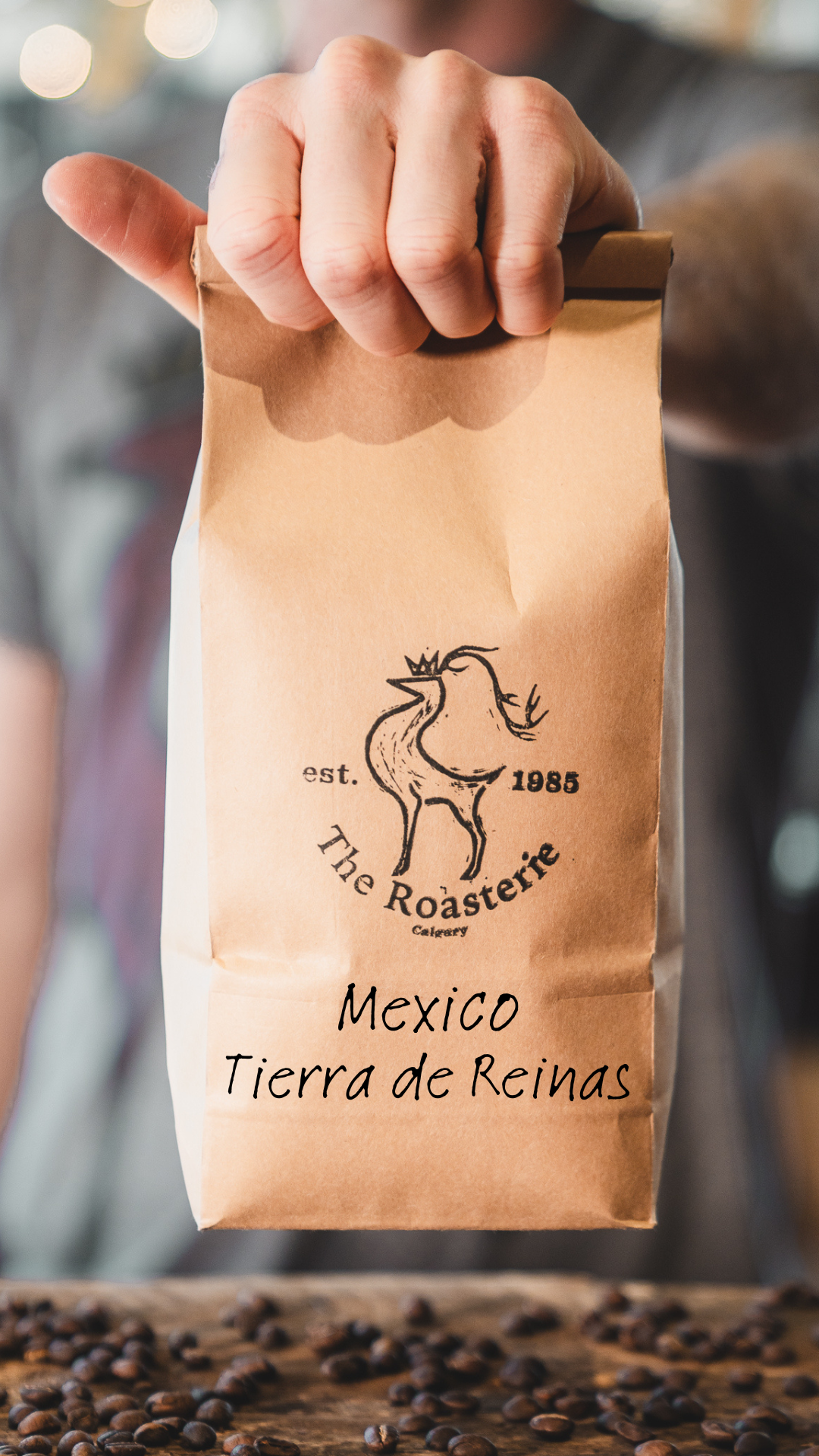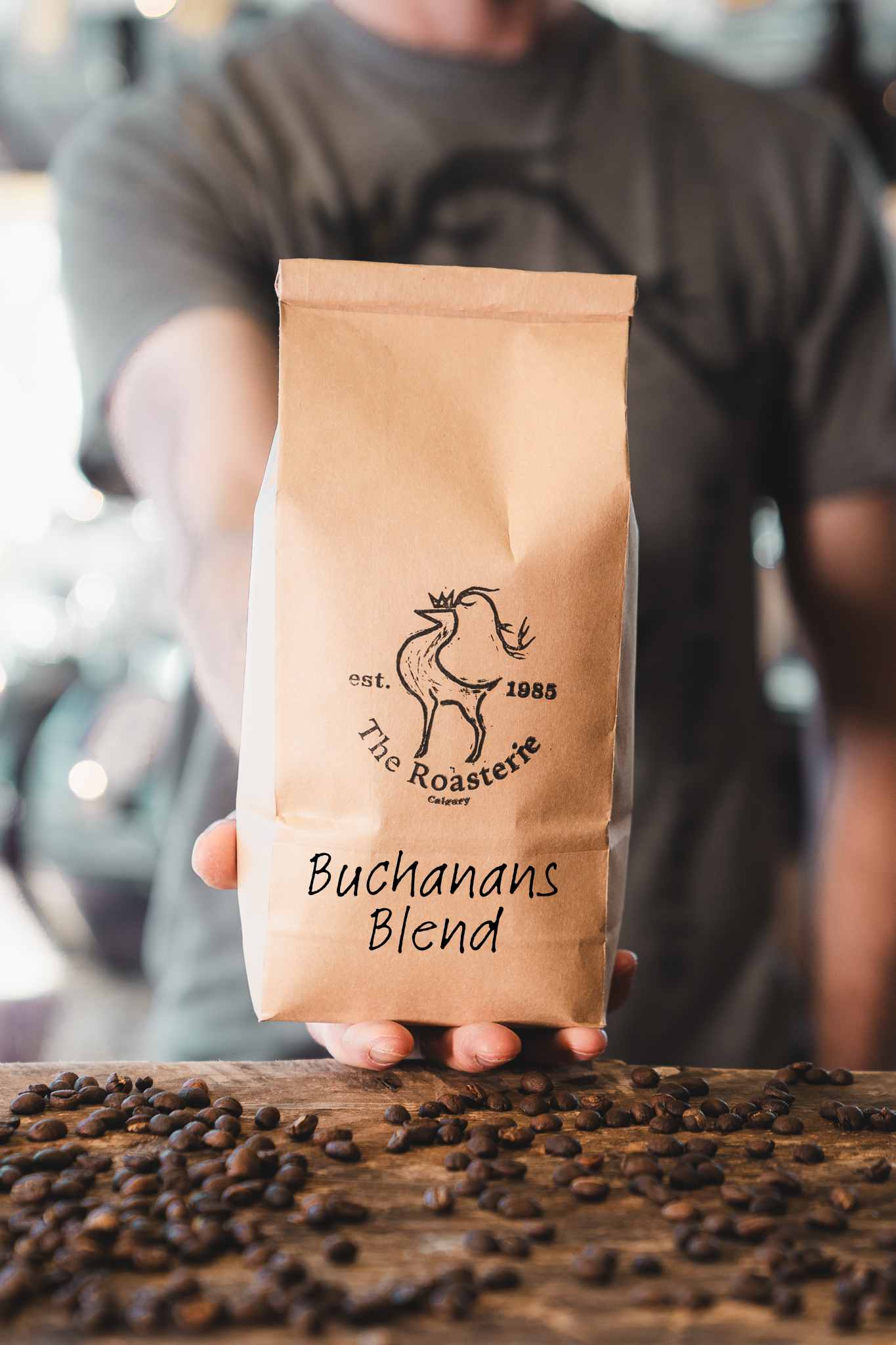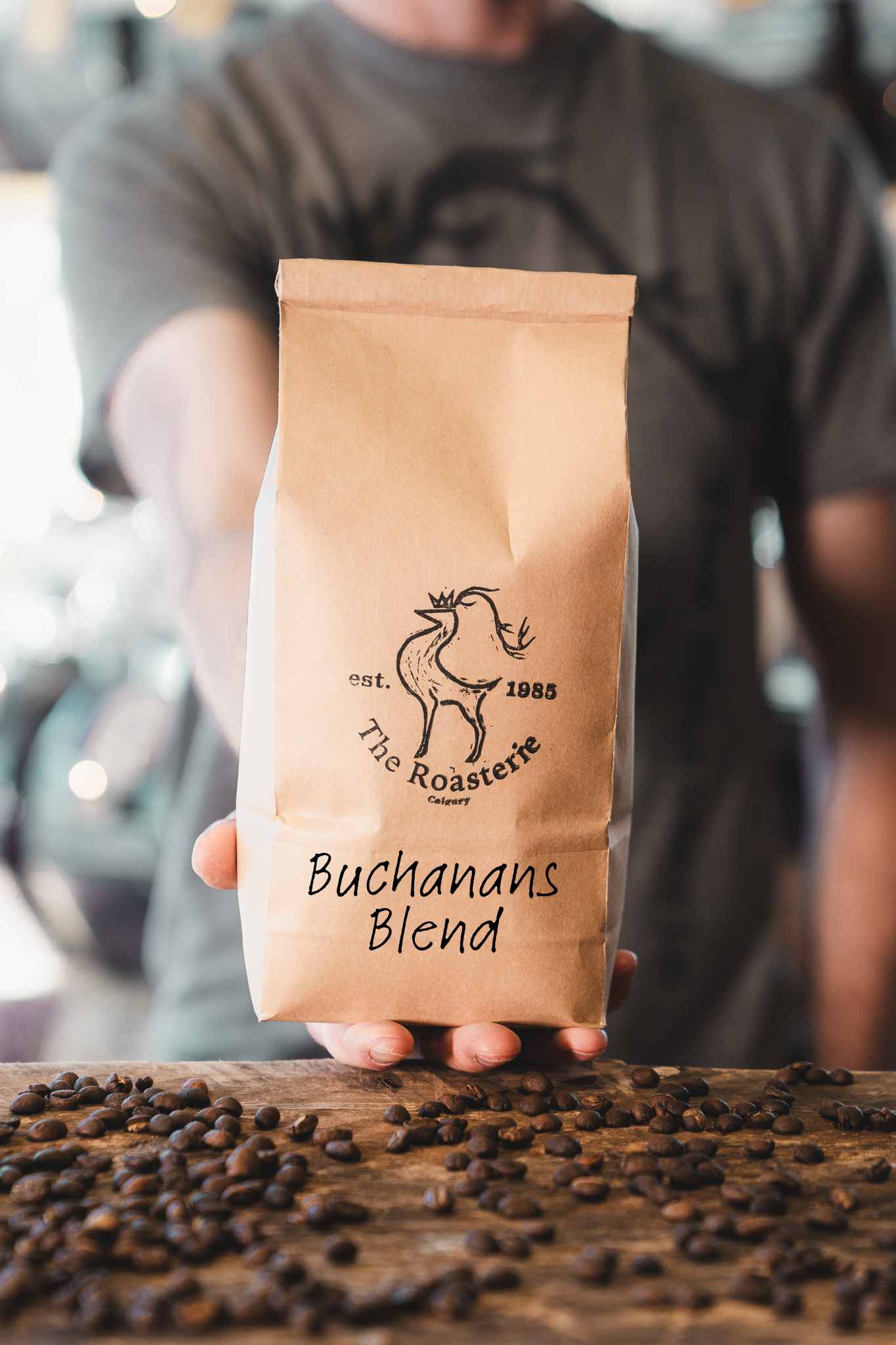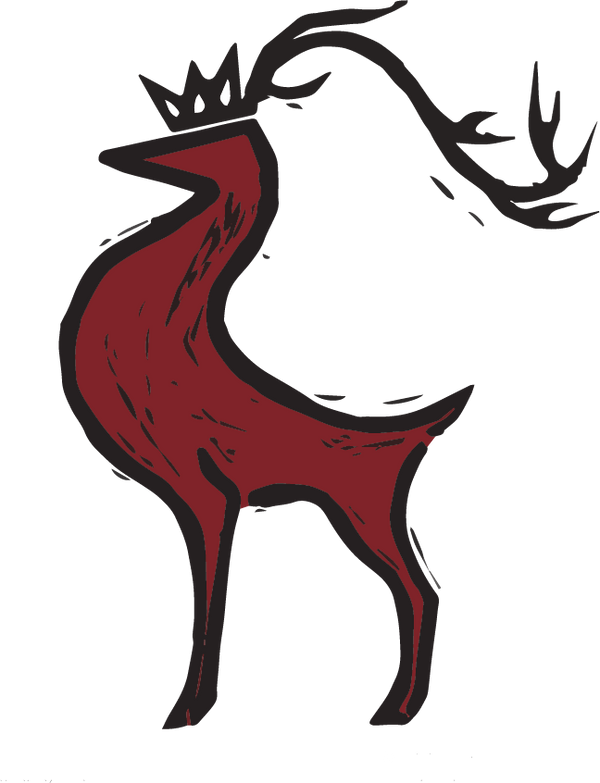
Four Mexican Microlots That Deserve a Spot in Your Cup
Mexico’s coffee scene has been on fire lately.
Tiny farms, wild experiments, and loads of personality: these new microlots prove how much flavour can come from small-scale growers doing big things. Each of these coffees was grown, picked, and processed in limited batches. No giant plantations, just dedicated farmers, unique methods, and beans with a story worth sipping.
1. Finca La Esperanza Zentla, Veracruz
Anaerobic Washed | 1300 m | Variety: Caturra, Typica | 96-hour dry-cherry fermentation
This one’s a national champion, literally. Finca La Esperanza won the 2023 Mexico Coffee Championship, and it’s easy to taste why. The cherries go through 96 hours of anaerobic fermentation (that’s fermentation without oxygen), before being washed and dried. This gives the cup beautiful structure and clarity while keeping it clean and balanced.
Tasting notes: Outstanding clarity, complexity, cleanliness, and balance.
Fun Fact: Anaerobic fermentation works like a mini science lab inside a sealed tank, all those natural microbes transform the flavours from simple fruit to something complex and sweet. Only a few microlots get this level of detail.

Tierra de Reinas Xonotzintla, Veracruz
Natural | Shade-Grown | 1433 m | Variety: Caturra, Typica
Tierra de Reinas means Land of the Queens, and this coffee definitely wears a crown. It’s shade-grown, meaning the coffee plants grow under a canopy of native trees that protect the soil, slow down ripening, and give wildlife a place to hang out. The cherries ripen slower, soaking up more sugars, and that shows up in the cup.
After picking, the coffee is dried naturally with the fruit still on, which deepens the fruity notes and smooths the texture.
Tasting notes: Complex fruity flavour, silky body, caramel sweetness.
Fun Fact: Many of the farmers behind Tierra de Reinas are women, leading sustainability-focused farms that protect local forests while producing world-class beans.


3. Finca Muxbal Chiapas
Natural | 1500 m | Variety: Caturra, Mundo Novo
Perched high in the Chiapas mountains, Finca Muxbal (which means place surrounded by clouds in Mayan) grows coffee in volcanic soil rich with minerals. The altitude and cool nights slow the ripening of the cherries, giving them more time to develop sugars before they’re dried whole, fruit still on.
The result? A rich, fruit-forward cup that balances sweetness and acidity like a charm.
Tasting notes: Dried fig, winey notes, citrus, bright acidity.
Fun Fact: Muxbal is one of the few farms that processes coffee using hydroelectric power from a nearby stream sustainability literally built into their daily operations.
4. El Dragón Villacorzo, Chiapas
Anaerobic Natural | 800–1400 m | Variety: Caturra, Bourbon | 50 bags only
Meet El Dragón, one of the most limited lots to come out of Chiapas, just 50 bags total. The cherries are hand-picked when they’re almost purple, then sealed in tanks for 10 days of anaerobic fermentation before being dried naturally. It’s a slow, careful process that creates bold, winey flavours with a silky body.
Tasting notes: Cacao, tropical fruit, raspberry, winey acidity, silky body.
Fun Fact: El Dragón is also a nickname for the axolotl, Mexico’s legendary “water monster.” It’s a tiny salamander that can regrow its limbs, making it one of the coolest creatures on Earth. Like the axolotl, this microlot is rare, unique, and a bit mythical in its own way.

theroasterie.com
Mexico Tierra de Reinas
Share

A Quick Look at Coffee Processes
Washed
The fruit is removed from the coffee bean before drying. This creates a clean, crisp cup with bright acidity.
Natural
The coffee dries whole with the fruit still on the bean. Expect a rounder body and fruity sweetness.
Anaerobic Washed
Beans ferment in a low-oxygen tank, then get washed. The result is a sweet, layered cup with a clean finish.
Anaerobic Natural
Beans ferment in a sealed tank with the fruit intact. This one’s bolder, intense fruit, winey notes, and a full-bodied profile.

Why Microlots Are Fun
Microlots aren’t just about fancy labels they’re about connection. Each one represents a small group of farmers experimenting, improving, and pushing coffee forward.
When you brew a microlot, you’re not drinking something mass-produced you’re tasting a single farm’s craft and care.
Buying microlots also supports small-scale growers and local economies.
It helps farmers invest in better tools, protect their land, and keep traditional methods alive. And in return, you get something truly one-of-a-kind in your cup.
The best part? It’s fun. One week you’re sipping a caramel-sweet Veracruz natural, the next you’re tasting a bold, tropical anaerobic from Chiapas. Each coffee feels like a new discovery and a reminder that great things often come from the smallest lots.

theroasterie.com
Buchanans Blend
Share

